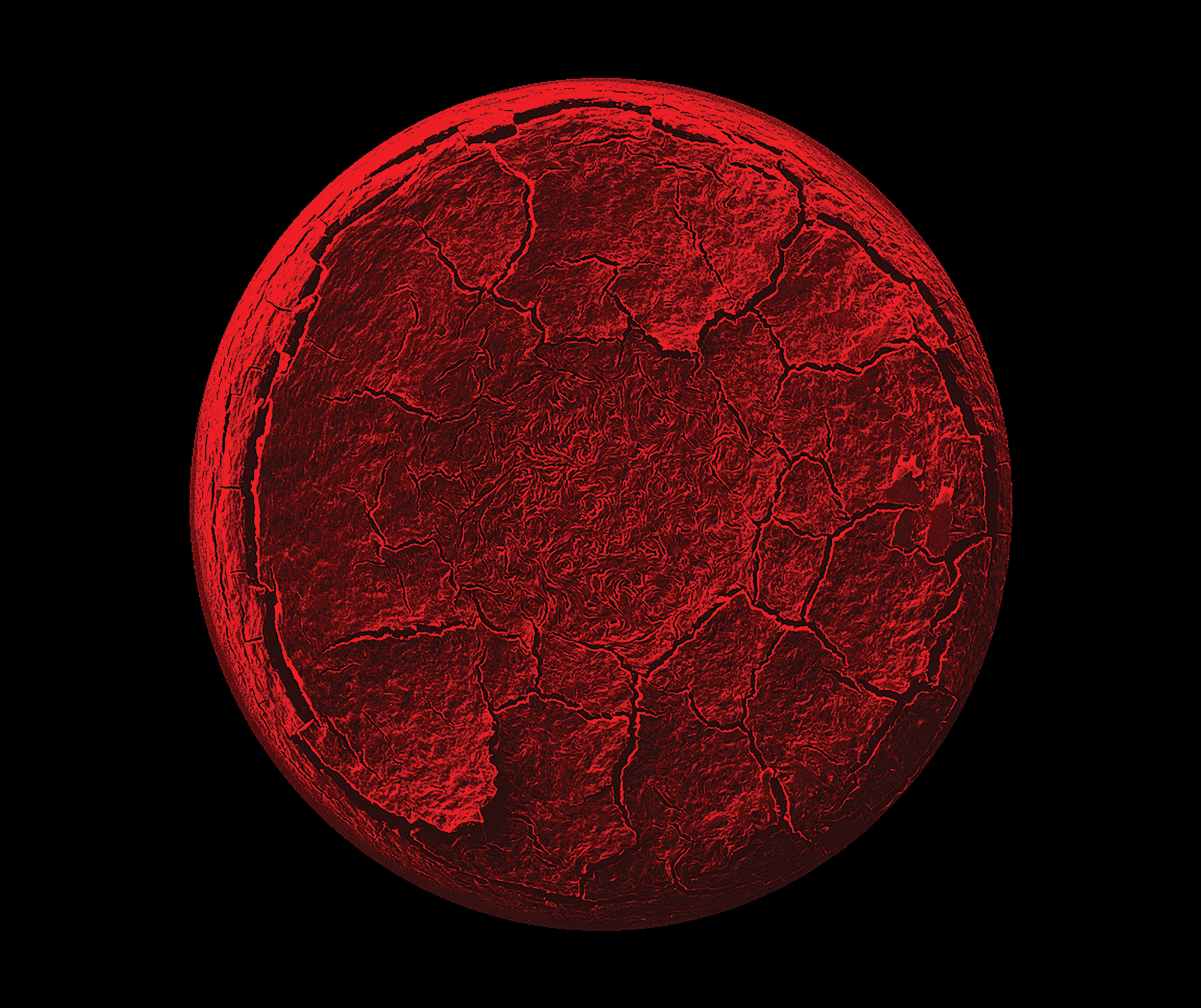
Courtesy of Arjun Yodh
Halloween is Dark Matter Day—but don't be afraid of the dark.
Emily Steiner, Professor of English, uses new technology to illuminate age-old manuscripts.
Discover the stories behind the Associate Professor of History of Art's favorite office items.
New grant initiatives have Penn Arts and Sciences faculty and students engaging with each other and the rest of the world.
Every spring and fall, Penn Arts and Sciences faculty present 60-second campus talks (rain or shine!), on topics ranging from human history and the knowable universe, to fractions and fly-fishing.
Arts and Sciences faculty study how this key resource is changing—from warmer oceans to once-thriving waterways now inhospitable to life—and what that means for the world.
Investigating the brain's innate ability to map our surroundings.
Paul Sniegowski, the newly appointed Stephen A. Levin Family Dean of the College of Arts and Sciences, riffs on research, teaching, and the liberal arts.
Richard Berk, professor and chair of the Department of Criminology, discusses fairness in the criminal justice system in OMNIA op-ed.
Jane Austen died 200 years ago on July 18, 1817, at the age of 41. We don’t know why she died so young, although theories include Addison’s disease, lymphoma, even accidental arsenic poisoning.
Often, immigrating to a foreign country means taking on a new identity, a complex process of adjustment and acculturation. When race comprises a part of a national identity, the process becomes even more complicated.
Twentieth-century Spain was marked by political upheaval. The Spanish Civil War (1936–1939) ended with a victory for General Francisco Franco, who ruled the region as a fascist dictator until his death in 1975. Then began La Transición, the transition to a constitutional monarchy and democracy.
In the field of criminology, it is well established that men commit more crime than women. A Penn study published recently in the journal Criminology is the first to demonstrate that men’s lower resting heart rate partly explains their higher rate of criminal offending.
The midwater region of the ocean is the largest habitat by volume in the world, making up 99 percent of Earth’s livable space. It’s home to a myriad of occupants, many of which have evolved peculiar abilities to allow them to survive.
In the past few decades, western medicine has become more cognizant of the need to maintain whole-body health and to nurture the mind, body and spirit. This evolution of modern medical science owes much to ancient medical traditions like Ayurveda, which was founded with such wellness philosophies three millennia ago. However, the integration of ideas is never one-way. In his book, Doctoring Traditions: Ayurveda, Small Technologies, and Braided Sciences, Projit Bihari Mukharji, Associate Professor of History and Sociology of Science, recounts the historical evidence for how western medical devices became included in the practice of modern Ayurveda medicine.
We spoke with Jeffrey Green, Associate Professor of Political Science and Director of the Andrea Mitchell Center for the Study of Democracy, about the goals and programming of the new educational hub.
Former Civil Rights Commission Chair Mary Frances Berry, Geraldine R. Segal Professor of American Social Thought and a professor of history and Africana studies, reflects on then and now.
Emilio Parrado, Dorothy Swaine Thomas Professor of Sociology, discusses the repeal of DACA.
We asked English Professor David Wallace—and his mum—about the death of Princess Diana 20 years ago.